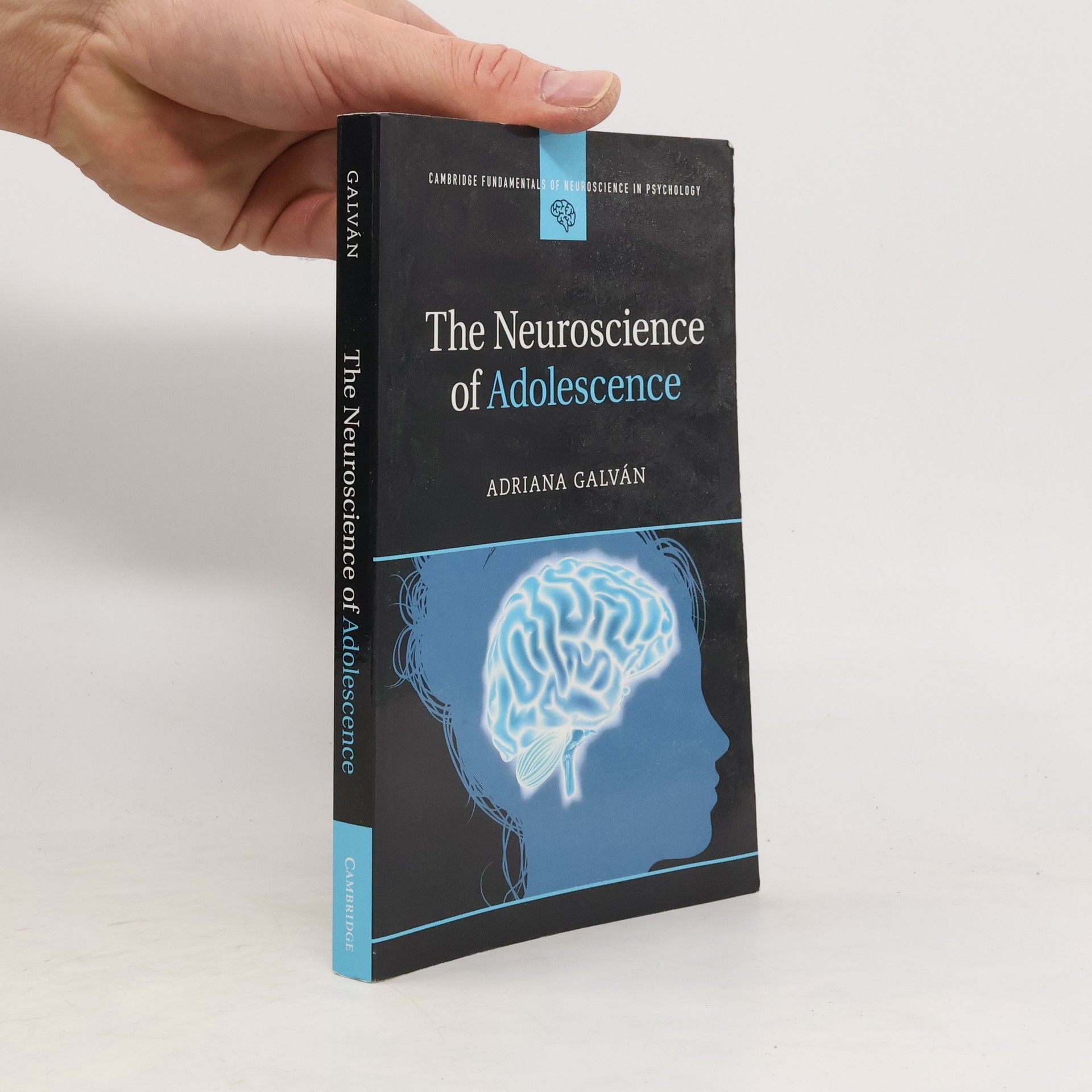This book offers an accessible account of the neuroscience behind suicidal behavior and its potential for prevention. Neuroscience opens up opportunities to dispel myths that continue to hinder suicide prevention by helping people to understand suicide and providing effective prevention methods.
Cambridge Grondbeginselen van Neurowetenschap in de Psychologie Reeks
Deze serie biedt toegankelijke inleidingen tot de fundamentele principes van neurowetenschappen, gericht op studenten en niet-gespecialiseerde lezers. Elke band behandelt belangrijke gebieden van neurowetenschappelijk onderzoek die relevant zijn voor de belangrijkste psychologische domeinen. Geschreven door vooraanstaande experts op het gebied van cognitieve, sociale, affectieve, ontwikkelings-, klinische en toegepaste neurowetenschappen, dienen deze boeken als uitstekende primers voor het begrijpen van de complexe wisselwerking tussen brein en gedrag. Ze zijn ideale bronnen om de biologische onderbouwing van psychologische fenomenen te doorgronden.





Aanbevolen leesvolgorde
The Neuroscience of Creativity
- 386bladzijden
- 14 uur lezen
The Neuroscience of Creativity introduces readers to the fascinating study of creativity and the brain, providing both the tools for further study and an explanation of the latest neuroscientific findings. Directed at a wide readership, it is a helpful guide into creativity research for students, researchers and non-specialists alike.
The Neuroscience of Creativity
- 402bladzijden
- 15 uur lezen
Exploring the functioning of the creative brain, this book delves into various domains including music, literature, visual arts, kinesthetic skills, and science. It offers insights into the processes behind creativity and provides methods for studying these cognitive mechanisms.
The Neuroscience of Adolescence
- 330bladzijden
- 12 uur lezen
Written by an award-winning developmental neuroscientist, this is a comprehensive and cutting-edge account of the latest research on the adolescent brain.
The Neuroscience of Suicidal Behavior
- 298bladzijden
- 11 uur lezen
Exploring the preventability of suicide, this book delves into neuroscientific research that uncovers critical insights into the underlying mechanisms of suicidal behavior. It challenges prevailing misconceptions and offers evidence-based strategies for intervention, highlighting the role of mental health care and societal support. By emphasizing the importance of understanding the brain's functions and emotional responses, the work aims to foster hope and promote proactive measures to reduce suicide rates.